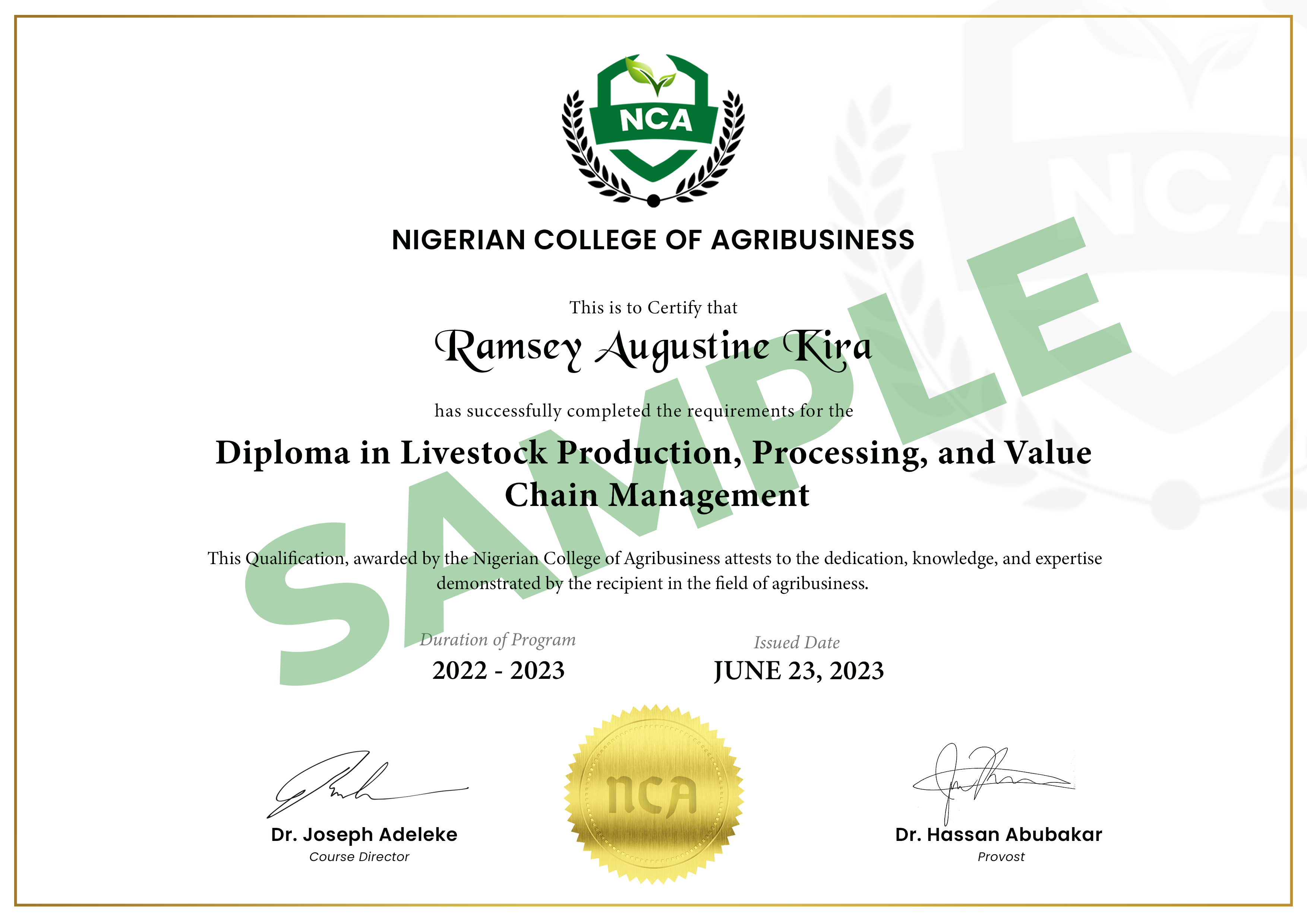
The Diploma in Seed Business Management offers a blend of technical knowledge and business acumen tailored for the seed industry. It covers the science of seed production, seed quality control, marketing strategies, and the management of seed companies. Through lectures, case studies, practical sessions, and industry engagement, students will gain insights into the complexities of the seed business, from field to market. The program aims to prepare professionals who can innovate and lead in the seed sector, ensuring food security and agricultural sustainability.
This program is designed for:
Each student will undertake a capstone project that requires developing a comprehensive business plan for launching or improving a seed product or company. This project includes market research, product development strategy, financial planning, and sustainability considerations. The project culminates in a presentation to a panel of industry experts and faculty members during the program.
Each Module is delivered online by seasoned professionals and guest lecturers. Modules with practical and laboratory contents are simulated in a model that allows participants to have full understanding of the process flow. Other features of the course include Group Class Activities, Case Study Analysis of several Seed companies and factors that influence their performance.
Upon successful completion of the course, graduates will earn a Diploma in Seed Business Management from the Nigerian College of Agribusiness. At the Convocation Ceremony, graduating students will receive their Certificate and Transcripts of academic records.
NGN 250,000
26th February, 2024

Click on the link below to fill the application form for this course
Do you need any further assistance regarding this program, send an email to: training@ncaedu.ng or chat with a program executive on WhatsApp via: 09023789104 (Nigeria)
Ready to Begin your application process? Click on “Apply Now” to access the application form.
Established in 2022 and approved by the National Board for Technical Education (NBTE), the College provides high-quality specialized education that strives to improve the productivity, performance and continuous development of professionals in Nigeria. The College has the Centre for Environment and Climate Innovation, Centre for Agribusiness Enterprise, Centre for Centre for Nutrition and Wellness, Centre for Development Leadership, Centre for Farm Management and Centre for Food Business Innovation. Through these centers, the college delivers need-based professional education to diverse professionals across the country and beyond. In 2023, the Nigerian College of Agribusiness was admitted into E4Impact Alliance, a network of leading business schools in Africa helping startups in Africa to scale up and attain their full potentials. Other members of E4Impact Alliance include University of Professional Studies Accra, University of Makeni Sierra-Leone and Uganda Martyrs University Kampala.

Our mission is to cultivate a vibrant, sustainable and profitable agribusiness sector that drives economic growth and social progress across Africa and beyond.
We are committed towards educating a new generation of agribusiness sector leaders that will transform the economic fortunes of the African continent
© NCAEDU 2023 All Rights Reserved.